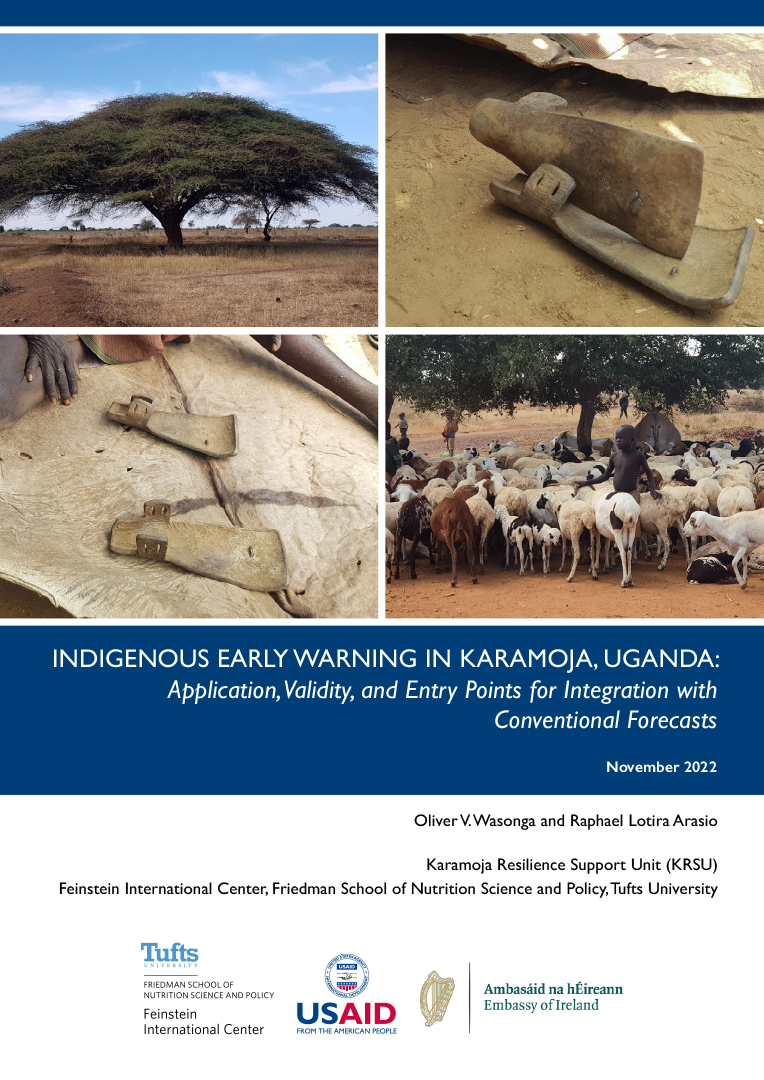An effective early warning system (EWS) is a prerequisite for timely response to avert and mitigate the impacts of disasters that affect pastoralist and agro-pastoralist communities.
Whereas there exist various forms of EWS in Uganda, the main concerns have been whether the early warning information is timely, accurate, accessible, and elicits early action.
These questions point at inefficiencies in the conventional EWS in the country and the importance of the indigenous early warning system (IEWS) used by rural communities. These indigenous systems are especially important where conventional early warning information is inaccessible or coarse and therefore not suitable for guiding location-specific decisions.







